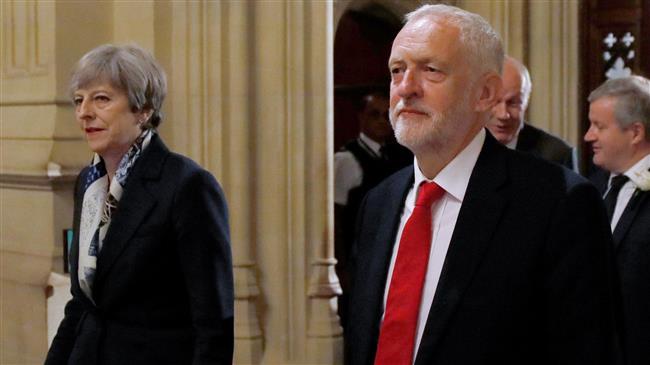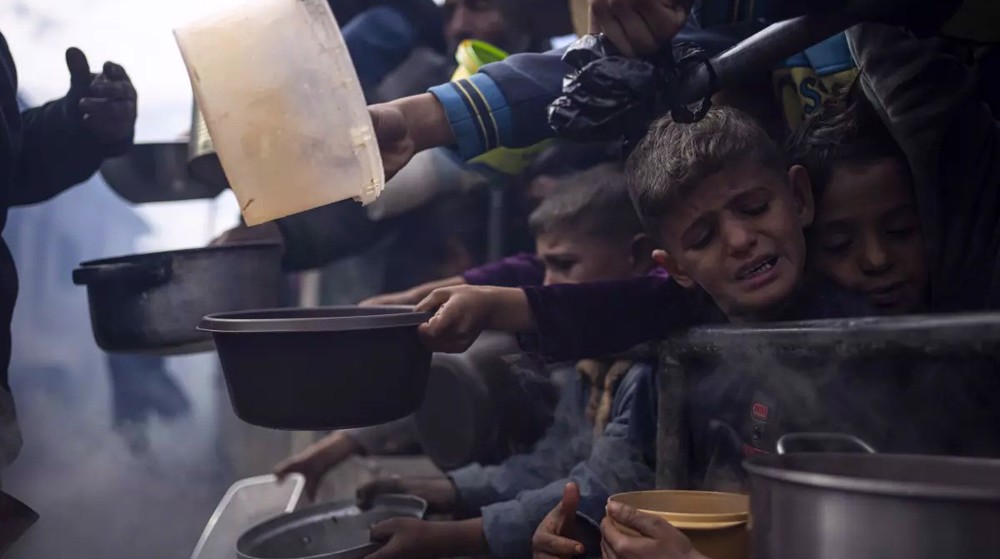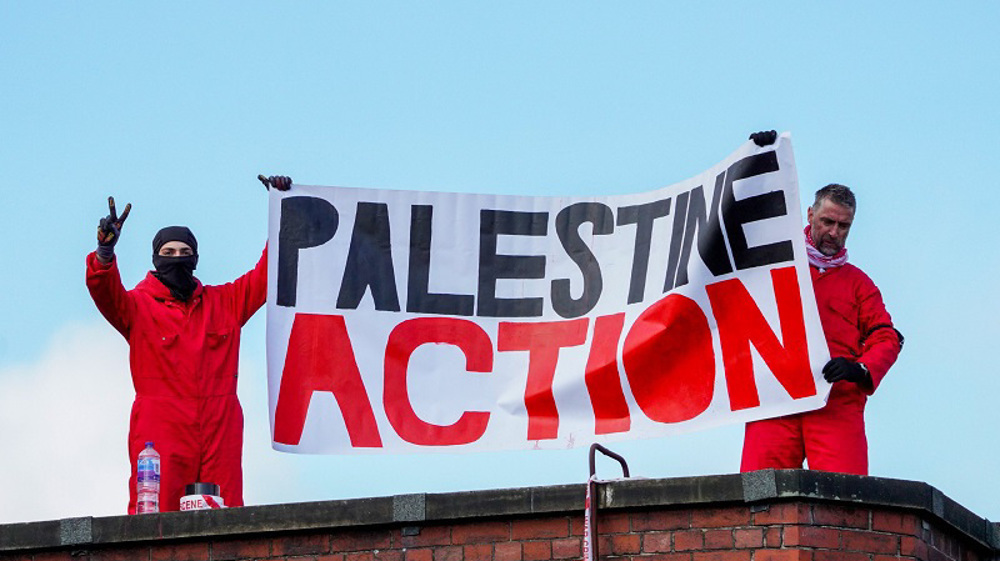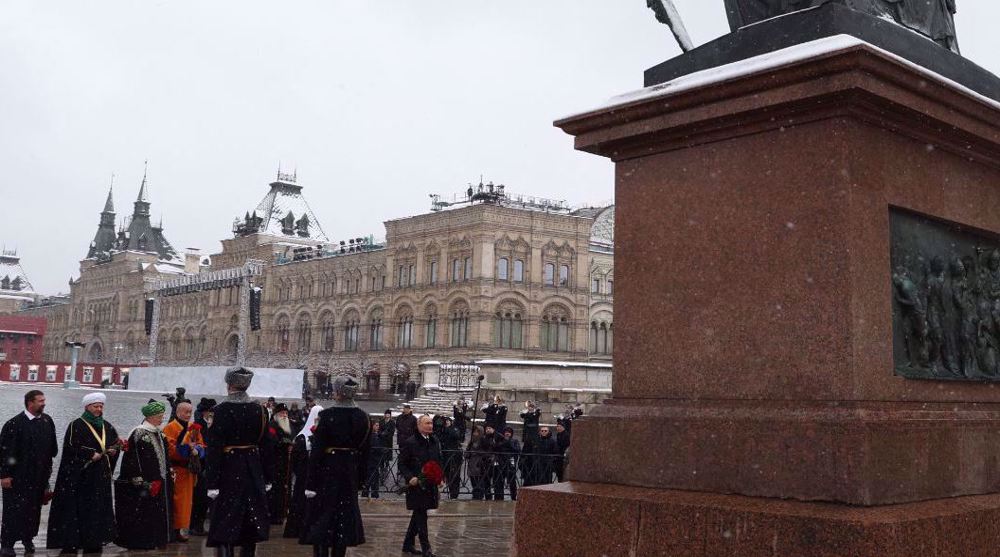Russia interfered in 2017 UK election: Report
Russia attempted to influence last year’s General Election in the UK by deploying thousands of online bots to help Labour Party leader Jeremy Corbyn defeat Prime Minister Theresa May, a new study has claimed.
The study, carried out by The Sunday Times in conjunction with Swansea University, found that 6,500 Russian Twitter accounts were tweeting messages in support of Labour to lend the main opposition party a hand in the fight against the ruling Conservatives.
The accounts in question, according to the report, were automated "bots" that operated under English names and were programmed to disseminate political messages.
The report prompted reaction from the government, with Culture Secretary Matt Hancock describing the findings as "extremely concerning."
“It is absolutely unacceptable for any nation to attempt to interfere in the democratic elections of another country,” he said. "The social media companies need to act to safeguard our democratic discourse and reveal what they know."
The Sunday Times said around 80 percent of the automated accounts had been created in the weeks leading up to polling day on June 8, when Corbyn managed to turn the tide and close a significant gap with May’s party in terms of popularity.
Labour dismissed the claim and said it "categorically" did not pay to hire automated bots and was not aware of any such moves by its supporters and if anything, the Russians had actually appeared to favor the Conservatives.
“The Russian government made clear its support for the Conservative Party in the 2017 UK general election, with the Russian embassy in London promoting their ideological 'convergence' and Theresa May's 'strong and stable' slogan on Twitter,” he said.
"The Labour Party's people-powered election campaign attracted huge levels of public support online. We were not aware of any from automated bots, categorically did not pay for any and are not aware of any of our supporters doing so."
May called the snap election hoping to win stronger support in UK Parliament but ended up costing her party a decisive majority.
She further embarrassed the Tories and herself by appealing to Northern Ireland’s Democratic Unionist Party (DUP) to form a majority government.
Hezbollah strikes multiple Israeli targets in fresh retaliatory operations
VIDEO | New Zealand: Maori MPs protest in parliament with Haka war dance
Pezeshkian: World has come to believe Iran seeks peace, security
Houthi: US bombs inflame, escalate wars of extermination in West Asia
VIDEO | Press TV's news headlines
UN report says Israel’s methods in Gaza align with ‘genocide’
Attempts to dehumanize Hamas resistance movement doomed to fail
BRICS offers Turkey partner status, says Turkish minister











 This makes it easy to access the Press TV website
This makes it easy to access the Press TV website